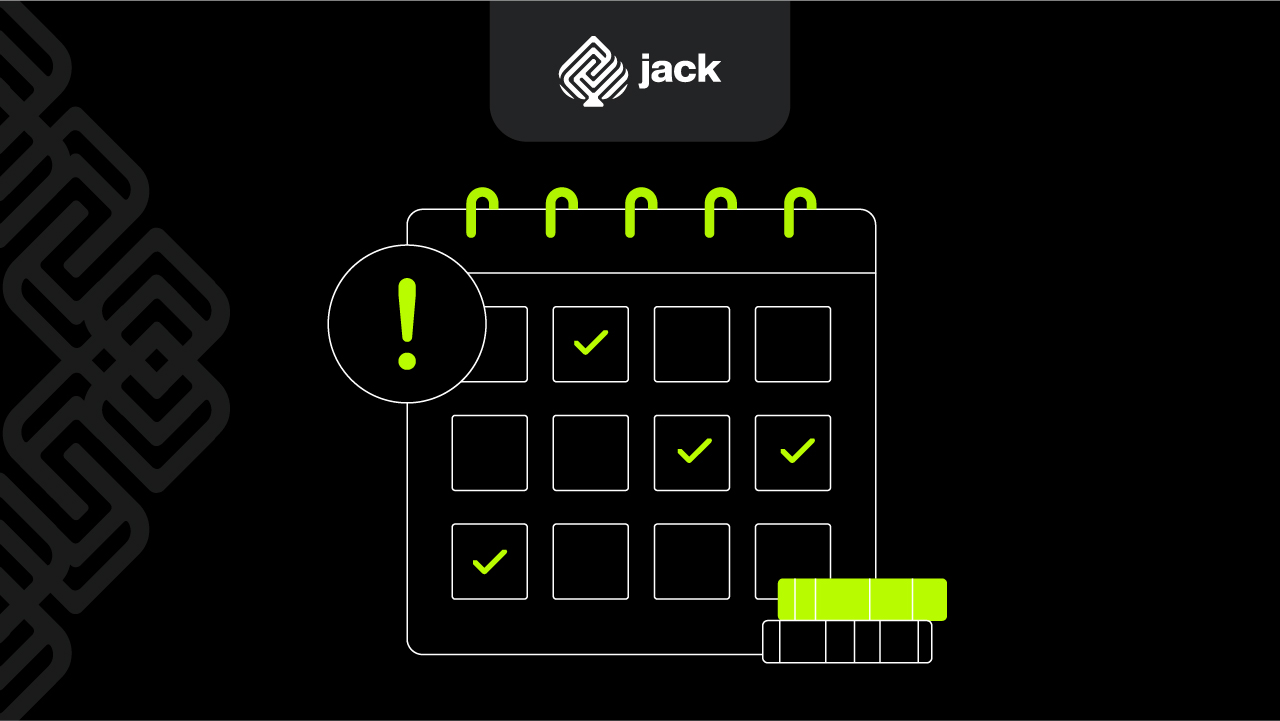Government bonds are financial instruments issued by the government to finance development projects and meet the financial needs of the country. In Indonesia, government bonds play a crucial role in raising funds for infrastructure development and budget deficit financing.
These government bond types have their characteristics and benefits. In the article below, we will explain the types of government bonds in Indonesia and their role in supporting the country’s economic development.
Types of Bonds Based on Maturity or Tenure

First and foremost, government bonds can be distinguished based on their maturity or tenure. Government bonds can be short-term bonds with a tenure of less than one year, medium-term bonds with a tenure of one to five years, and long-term bonds with a tenure of more than five years.
Short-term bonds are generally issued to meet the government’s temporary cash needs, while medium and long-term bonds are used to support the financing of medium to long-term infrastructure development.
With these various tenures, the government can choose financial instruments that align with its financing needs and manage financial risks more effectively. Similarly, interested individuals or investors can choose the bond tenure that best suits their expectations.
Types of Bonds Based on Funding Sources

Additionally, government bonds can be classified based on the funding source or currency of payment. The Indonesian government can issue bonds in Indonesian Rupiah (IDR-denominated bond) as well as in foreign currencies such as US dollars (USD-denominated bond) or Euros (EUR-denominated bond). This provides many options for consumers who want to own various types of government bonds.
Diversifying bond issuances between domestic and international markets provides flexibility in managing foreign exchange risks and access to the global capital market. Issuing bonds in foreign currencies can also attract foreign investors seeking attractive returns and a variety of currency options.
Types of Bonds Based on the Interest Rate Earned

Apart from maturity and currency, government bonds can also be differentiated based on interest rates. The government issues bonds with various types of interest rates, such as fixed-rate bonds, floating-rate bonds, or bonds with options (callable or putable bonds).
These bond types offer alternatives for investors to choose financial instruments that align with their risk preferences and investment strategies. Fixed-rate bonds provide a fixed interest payment certainty, while floating-rate bonds offer opportunities for investors to profit from interest rate movements.
Bonds with options provide additional flexibility for both issuers and bondholders to modify bond contract conditions under specific contexts. Therefore, this aspect should be given attention to ensure sustainability in supporting the domestic economy.
Types in National Economic Progress

The role of government bonds in the development of the capital market in Indonesia is crucial. Government bond issuances stimulate the development of the domestic capital market. Essentially, various types of bonds can attract the interest of both domestic and foreign investors to invest in financial instruments issued by the government.
This also supports the development of capital market infrastructure, including securities underwriting institutions, stock exchanges, securities companies, clearing and guarantee institutions, and other non-banking financial institutions.
With a healthy capital market development, the government can expand funding access and enhance the efficiency of financial resource allocation to support the country’s economic development. Other roles that can be obtained from these Indonesian government bonds include:
1. Supporting Fiscal Sustainability
In addition to the potential growth of the capital market, government bonds also play a crucial role in supporting fiscal sustainability and government debt management.
In this context, the issuance of government bonds is one of the funding sources from the capital market that helps mitigate the risk of dependence on financing from the financial sector. Thus, the government can manage its debt more effectively and strengthen the fiscal resilience of the country.
2. Enhancing the Economic Resilience of the Country
The issuance of government bonds can also help enhance the economic resilience of the country against unforeseen economic shocks due to the diversification of government funding sources and structures.
To ensure the sustainability of government bond issuance, market confidence is crucial. Transparency, accountability, and consistency in fiscal and monetary policies by the government will determine investor interest in investing in government bonds.
See Tutorial Account Verification Jack
Additionally, political stability and economic security will shape market perceptions of investment risks in government bonds.
Therefore, wise government policies in fiscal and monetary management, as well as good governance in government bond issuance, are essential to maintain investor confidence and ensure the continuous funding of the country’s economic development.
Overall, government bonds play a vital role in supporting the economic development of the country. The diverse types of government bonds provide flexibility for the government in managing public finances, while also offering opportunities for investors to participate in the country’s economic development.
Thus, government bonds not only provide solutions for financing development projects but also open opportunities for the development of the capital market, improvement of fiscal resilience, and sustainable economic growth in Indonesia.
Use Jack for your business needs
Therefore, business players in the country and capital owners need to invest more wisely in the types of bonds issued by the Indonesian government. In this way, indirectly, such actions will help boost the economy and businesses domestically in a more optimal manner.






